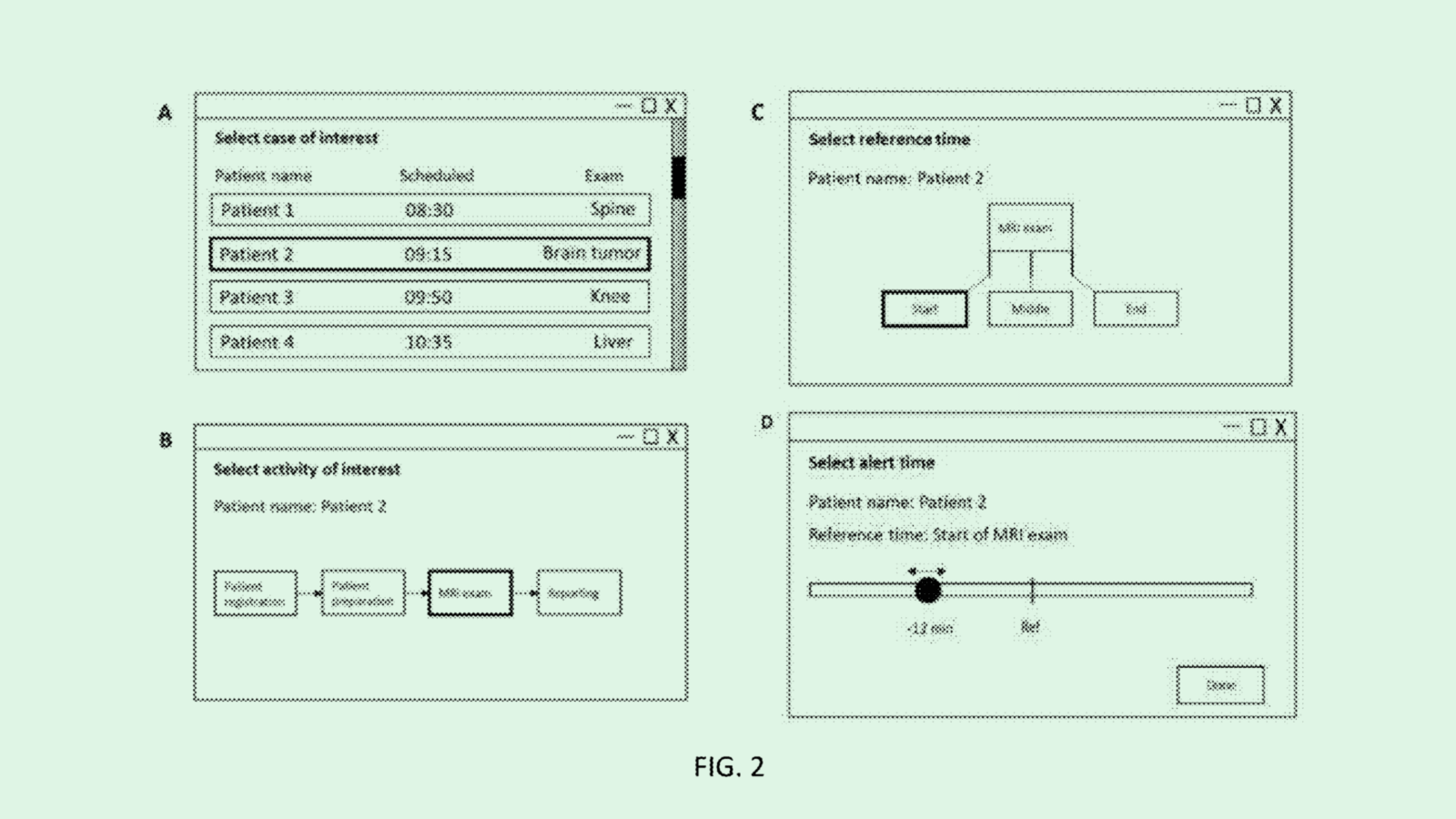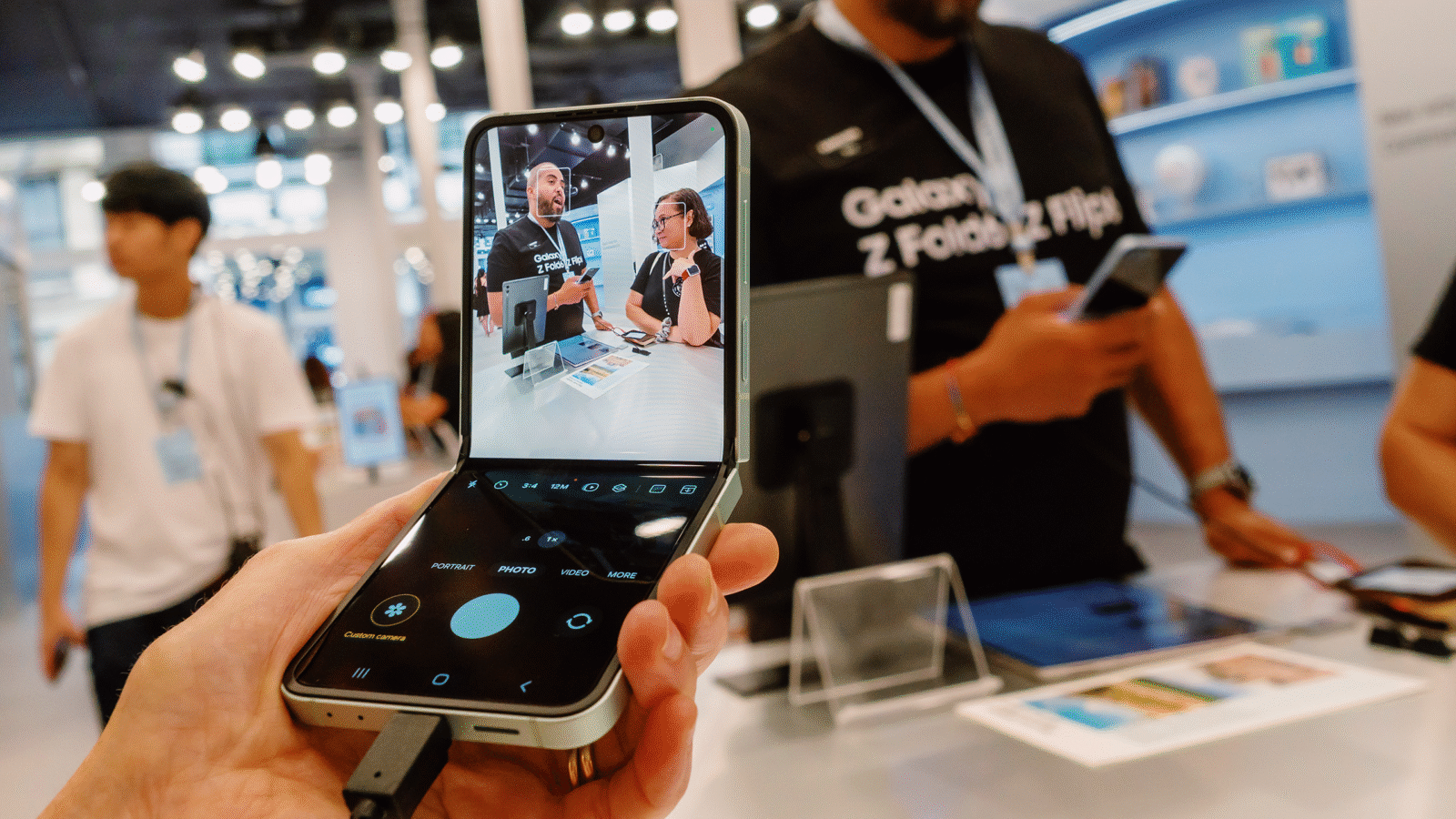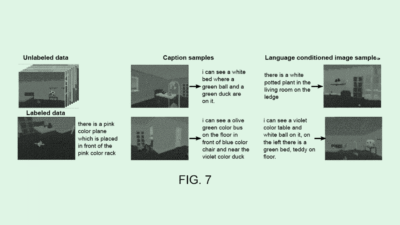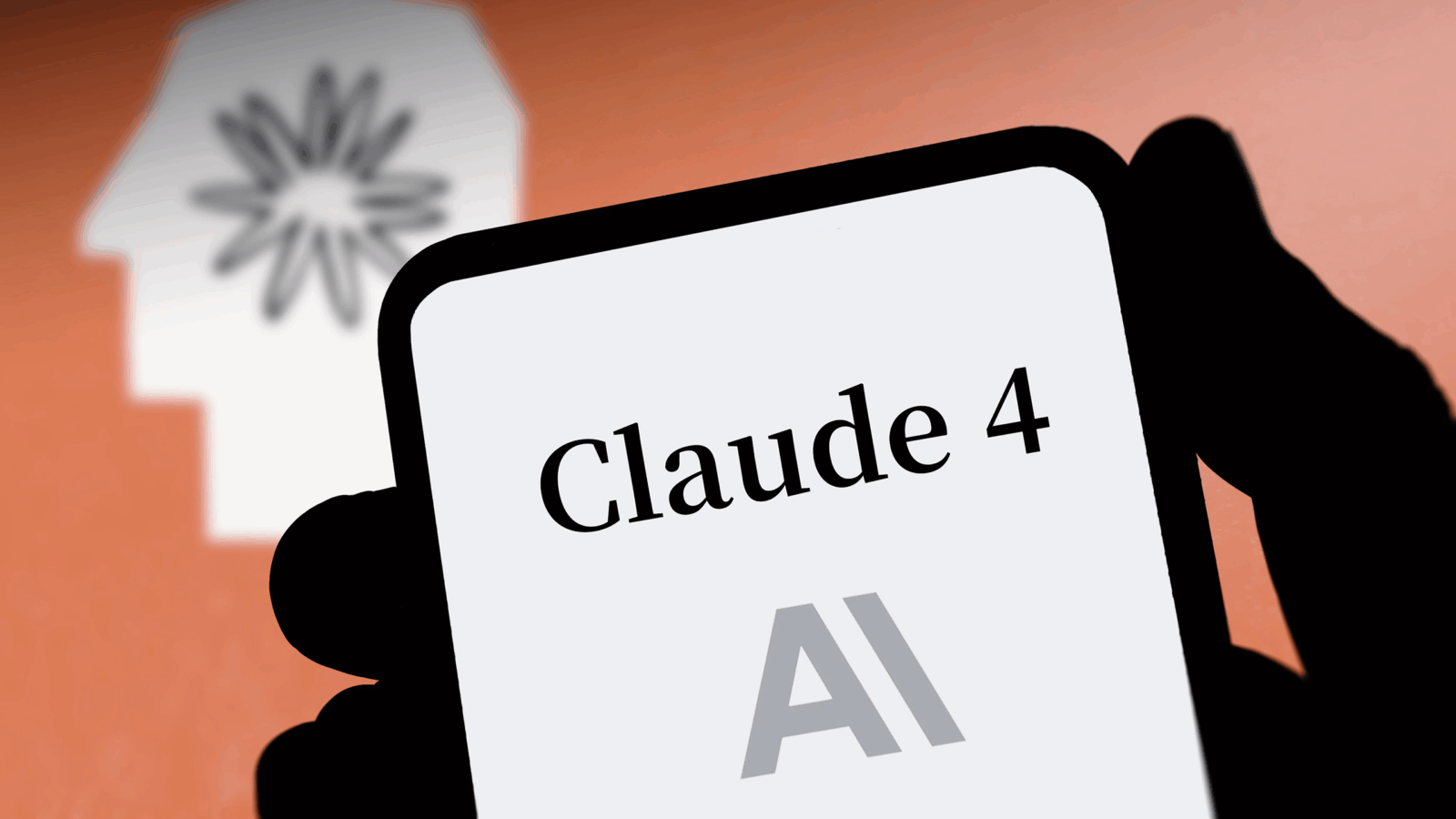Meta Patent Adds AI Voice Assistants Across Devices and Apps
Its latest patent for a way to perform “concierge-type services” via voice adds to the company’s broader AI ambitions.
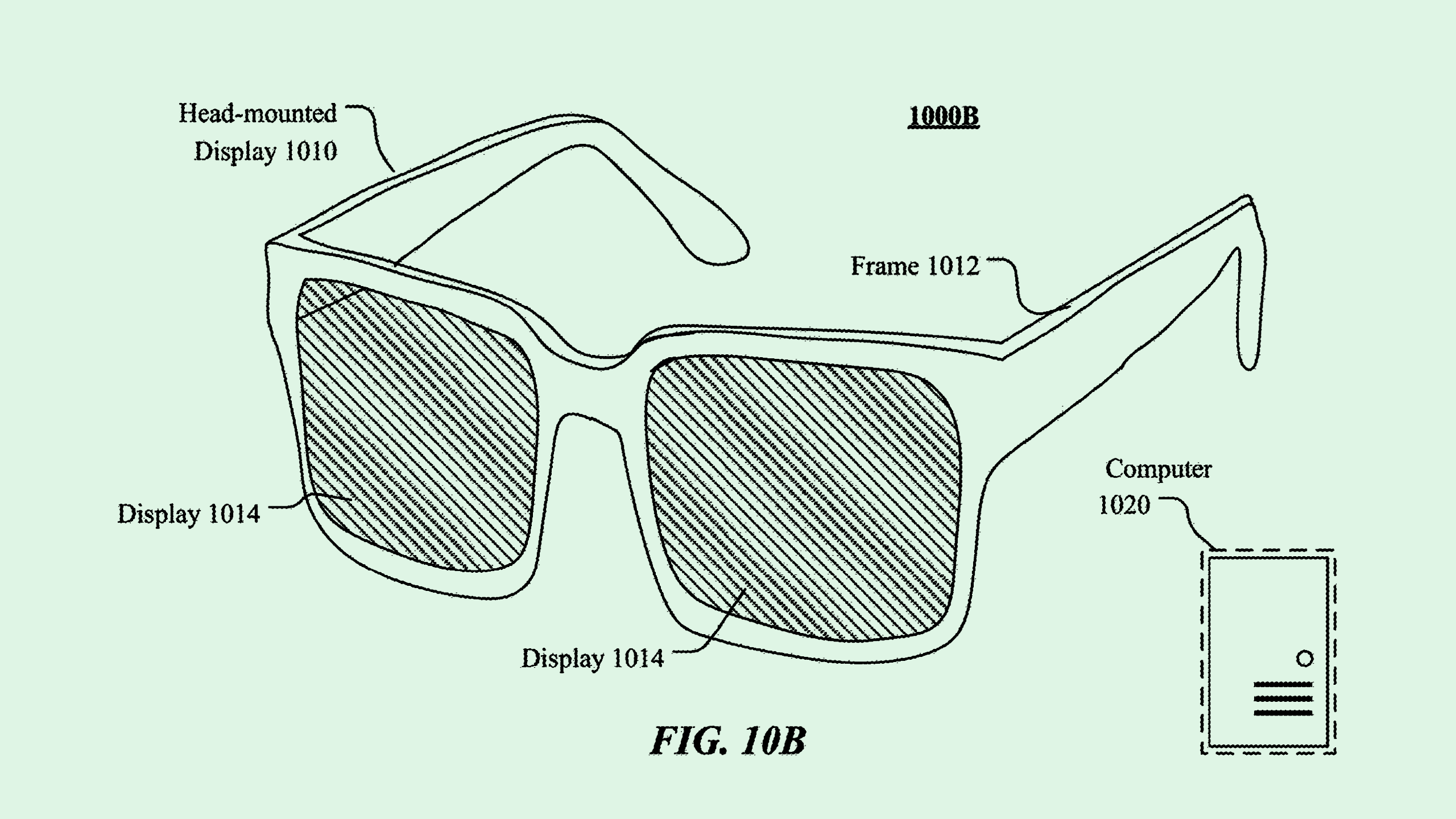
Sign up for smart news, insights, and analysis on the biggest financial stories of the day.
Every Big Tech firm wants its own voice assistant. Meta is no exception.
The company is seeking to patent methods for implementing “smart assistant systems.” This wide-ranging filing breaks down the inner workings of an AI-based voice assistant system that could be applied across product lines.
The company noted that the assistant may perform “concierge-type services,” provide information based on user input, or perform data-handling tasks based on online information “without user initiation or interaction.”
“The assistant system may be enabled by the combination of computing devices, application programming interfaces (APIs), and the proliferation of applications on user devices,” Meta said in the filing.
Meta’s assistant includes a variety of AI-based tools, including automatic speech recognition and natural language understanding models. The assistant may also understand various “modalities” of user input, meaning it can understand lots of different kinds of data, including audio, text, image, video, motion, and location data.
In addition, Meta’s filing notes that the system may learn from a user’s personal and contextual information to build a personalized profile. For example, this may store a record of user relationships or personal interests. That way, when you ask the system a question, it can fill in answers with more “context-aware understanding.” It may also interact with “different agents,” such as other apps, to get information to solve requests.
When used in the context of extended reality devices such as its headsets, this system may use voice in combination with gestures to understand and respond to commands, like navigating through content menus or changing apps. In a social media context, Meta aims for this system to create a more engaging experience by “providing tools that help the user interact with the online social network,” such as sending messages or interacting with content.
Meta’s filing does address the privacy considerations, noting that this assistant may check a user’s privacy settings before accessing data or executing tasks.
Apple has Siri. Amazon has Alexa. Google has, well, Google. With a patent like this, Meta may be seeking to go the way of the rest of Big Tech, grabbing up IP relating to AI-based personal assistants as these companies continue to bolster their own capabilities.
While Meta once had “Hey Portal,” its voice assistant built into its now-defunct Portal video calling device, the company has long had smart assistant ambitions. In 2022, CEO Mark Zuckerberg touted the company’s plans to develop a voice assistant that could outpace Siri or Alexa for its extended reality experiences. Its Wayfarer smart glasses in collaboration with Ray-Ban also include voice commands activated by “Hey Meta.”
The company has shifted much of its focus to building foundational AI models over the past year. In September, the company released its Meta AI general-purpose chatbot in beta in the U.S. via WhatsApp, Messenger, and Instagram, and has started trialing the tech in other countries in recent weeks. More recently, the company released its own AI chip, is testing out an AI-powered Instagram search bar, and says it and OpenAI are on the brink of releasing AI models that are capable of reasoning.
With the tech in this patent, the company could marry its advanced language models with natural language understanding capabilities, embedding a highly capable voice assistant across its portfolio.
But as with any virtual or voice assistant, privacy risks are always present. For one, consumers already struggle to trust AI. And while Meta addresses privacy risks in the patent by discussing user permissions and local versus server-based processing, the company doesn’t have the best reputation for protecting user data. Plus, Meta disbanded its responsible AI team in November.
Considering the privacy issues that already exist with AI, and Meta’s not-so-stellar data protection reputation, some users may find it difficult to trust an assistant from the company that has access to a well of their personal data.
